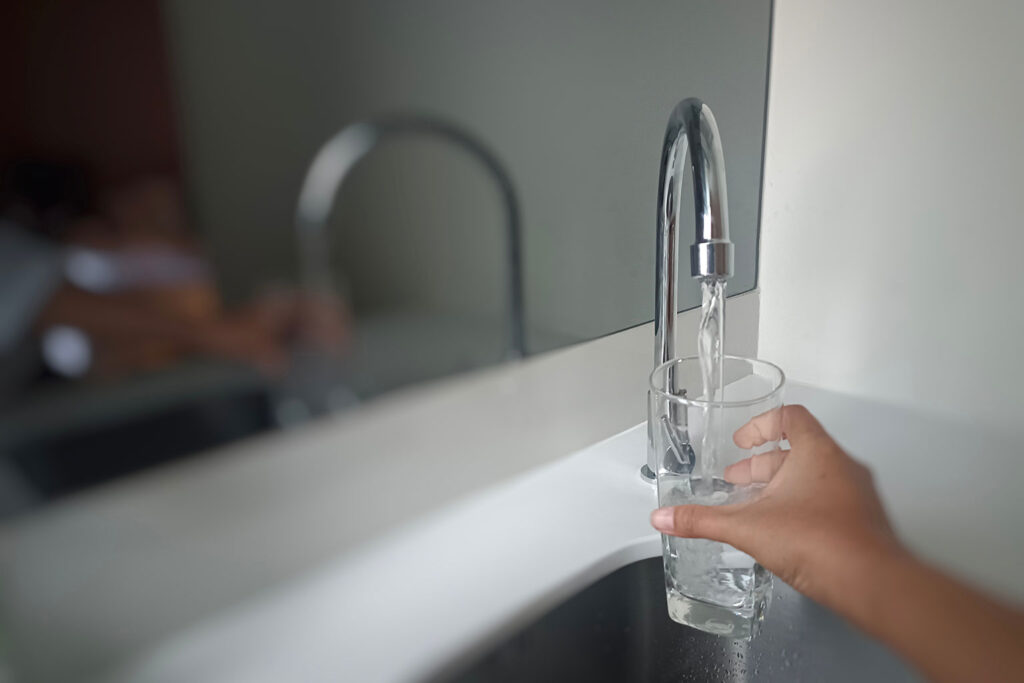Abstract
Perceptions of drinking water safety shape numerous health-related behaviors and attitudes, including water use and valuation, but they are not typically measured. We therefore characterize self-reported anticipated harm from drinking water in 141 countries using nationally representative survey data from the World Risk Poll (n = 148,585 individuals) and identify national- and individual-level predictors. We find that more than half (52.3%) of adults across sampled countries anticipate serious harm from drinking water in the next two years. The prevalence of self-reported anticipated harm is higher among women (relative to men), urban (relative to rural) residents, individuals with self-reported financial difficulties (relative to those getting by on their present income), and individuals with more years of education. In a country-level multivariable model, the percentage of the population reporting recent harm from drinking water, percentage of deaths attributable to unsafe water, and perceptions of public-sector corruption are associated with the prevalence of self-reported anticipated harm. Consideration of users’ perspectives, particularly with respect to trust in the safety and governance of water services, is critical for promoting effective water resource management and ensuring the use, safety, and sustainability of water services.
The full study can be viewed at Nature Communications.
Sign up for Schaeffer Center news
